Disclosure: This article may contain affiliate links. If you decide to make a purchase, I may make a small commission at no extra cost to you.
Most people who make the change towards a vegan diet come from a standard diet of processed foods, so there is a lot to learn. In this article, I will tell you all the things you must know if you want to be successful at starting a vegan diet as a beginner.
Nine years into eating a healthy diet I began to transition towards eating vegan from a vegetarian diet. My health journey began back in 2003, when I slowly started changing the types of foods I ate, first by throwing out the junk food.
It was in 2005 that I became more serious about it and only two years after that I became a vegetarian. Later on, in 2012 I switched to a vegan diet.
It’s really important that a vegan diet is done properly because of the various risks associated with it. Yes, a vegan diet can be very healthy and lower the risk of disease, but it can also cause deficiencies.
The main points of this article will be the following:
- What is a vegan diet?
- How to choose the right vegan diet for you and which is the best?
- What are the reasons why people choose to live a vegan lifestyle?
- The main benefits and risks of eating a vegan diet
- Should I take any supplements on a vegan diet?
- Which foods should I include in my diet and which ones should I avoid?
- Which blood tests should you get done to measure your progress?
- Which other tests are important to measure progress on a vegan diet?
What is a vegan diet?
A vegan diet simply means that you are to remove all animal products from your diet. Things like dairy, meat, and even eggs should be avoided.
There is some debate over the latter among some vegans to whether or not it’s fine to eat eggs. I personally think it’s okay, especially if you are looking after the animals yourself and know how well they are treated.
Some people even take it a step further and only use products like clothing, bags, shoes, and other household items that weren’t created with the involvement of any animals.
People eat a variety of vegan diets: which is the best one
There are many types of vegans and many types of diets who you can eat. There have been a lot of popular raw food vegan diets over the last ten years which have come and gone. These things become trendy for a while, but in the end, most people fall back to a simple whole food vegan diet.
It’s simple. It’s easy. It’s sustainable long term.
- The Junk Food Vegan: Most vegans I’ve come across where I live has been your average vegan who is doing the diet for ethical reasons. They eat vegan versions of the typical processed foods one would normally consume. They often tend to be lacking in nutritional knowledge and this is one of the reasons many studies have shown vegans to be deficient in certain vitamins – putting their health at risk and raising the risk of disease.
- The Raw Food Diet: There are many levels of the raw food diet. Some people say that if you eat 70% raw, then you can classify yourself as being on a raw food diet. The basic premise of the diet is that you are to eat foods in its unaltered state, so you can gain the benefits of all the enzymes and nutrients in the food without them being destroyed by cooking. There are many popular advocates of the raw food diet on Youtube that have gained a massive following.
- The Whole Food Diet: This is the diet I am most in favor of and the one that I recommend to most people. The idea is that you eat a vegan diet which includes a variety of food groups such as vegetables, fruits, nuts, seeds, legumes, soybeans, whole grains, and more. It’s also the least restrictive diet and the one that is most easy to follow. That doesn’t mean it’s the least effective diet for good health either! A whole foods diet, in my opinion, is the best choice and will give the best long-term results.
- 80/10/10 Diet: This diet was popularized by a guy named Dr. Douglas Graham. It’s essentially a very high carbohydrate diet with 80% of your calories coming from carbohydrates and the rest is protein and fat. He claims to have had success on this diet for decades and has built up a big following around the diet, which became very popular a few years back. Since that time, there has been a lot of diets created by the community revolving around this 80/10/10 principle.
Why do people choose to eat a vegan diet?

People choose to eat all kinds of diets for all sorts of reasons.
If you ask most vegans why they chose to eat a vegan diet, you’ll usually get the answer that it was to be compassionate and caring towards animals and the environment.
For other people, it might simply be for health reasons – and that’s perfectly fine too. The benefits you can obtain from going on a vegan diet can be amazing if it’s done correctly and with consideration to its drawbacks.
The evidence keeps piling up that a vegan diet when done properly might be able to reduce all forms of chronic disease from heart disease, cancer, diabetes, and more. That’s of course only true when a vegan diet is done properly. Which is exactly why you are reading this I assume.
Some people find it hard at first, but there are many great programs and plant-based recipe books like this one which contains hundreds of tasty recipes to help give you a head start!
What are the main health benefits of eating a vegan diet?
As I already mentioned, the benefits you can get from cleaning up your diet and eating a clean healthy diet can be life-changing.
There are many examples of people who go on vegan diets and recover from chronic illnesses which have stopped them from enjoying life for years.
Let’s explore some of the evidence, shall we?
A vegan diet may reduce the risk of heart disease
Heart disease is one of the biggest causes of death in the world and much of the time it’s almost completely preventable
The average diet which is loaded with processed carbs, saturated fat, and has a high salt content can together create the perfect conditions in the body for the development of atherosclerosis.
A healthy vegan diet that is rich in fruits and vegetables will often lead to significant weight loss for those doing it long term. Vegans are in fact much lighter than other groups of people which include vegetarians and those on a standard western diet.
There is a direct correlation between BMI and being overweight with the development of heart disease.
Vegans tend to have much lower levels of total cholesterol and LDL cholesterol than those eating an omnivore diet. In one study published in 2007, they found that on average vegans had a total cholesterol reading of 141 mg/dl compared to 208 mg/dl in for the omnivores.
With cholesterol levels this low, it is extremely unlikely that one would develop heart disease.
There is some research that suggests that vegans may be protected from heart disease, but they have a higher risk of stroke due to a reduction in IGF-1 hormone.
IGF-1 is crucial for the proper integrity of the artery walls, and so keeping blood pressure low by having a low intake of salt and high potassium intake is advised.
The risk is very small, but it’s something to consider.
A vegan diet may reduce the risk of developing certain types of cancer
Cancer is a very scary thing and most of us know someone who has been affected by it. It’s often thought that there is nothing you can do about cancer, but this recent evidence suggests that this is not true,
People who are eating a vegan diet have on average much lower levels of a growth hormone called IGF-1. This hormone speeds up cell proliferation and increased levels of it raise the risk of various types of cancer in humans.
The reduction in calorie intake and reduction in animal protein is thought to be the reason for this effect. Plant protein has less effect on IGF-1 and is preferable.
A vegan diet might help you live a longer and healthier life
There have been long-term studies conducted on various groups such as the seventh-day advents in California which show that vegetarians and vegans have a lower rate of mortality than those who eat a nonvegetarian diet.
Simply put: people who were on a vegan diet lived longer and suffered less disease.
The spontaneous reduction in caloric intake in those who eat a vegan diet is also another reason why vegans might live a longer and healthier life.
What are the biggest risks when eating a vegan diet?
When someone tells me they are going to go on a vegan diet, I’ll tell them to ease into it and learn a bit about the pitfalls of such a strict diet first.
When you eliminate various food groups from the diet, you risk running into a few problems related to vitamin and mineral deficiencies. This can lead to serious and life-changing health consequences if they are not corrected in time.
Deficiencies in vitamins, minerals, and fatty acids
- Vitamin B12: Vegans are at a much higher risk of developing a vitamin B12 deficiency than other people. There have been multiple studies on looking at this over the past few years and the results are clear: you need to supplement vitamin B12 if you’re on a vegan diet. Fifty-two percent of vegans in one study were deficient in B12, but in another study, they had found 92% to be critically low when measuring levels of MMA. [1, 2].
- Vitamin D: Something that might be overlooked is the fact that in a western diet, we have foods that are ‘fortified’ with vitamins and minerals to keep us healthy. Most adults (even non-vegans) are low in vitamin D, so it might be worth getting tested and taking a vitamin D3 supplement.
- Zinc: A healthy vegan diet with lots of plant foods will typically be much higher in copper than a western diet. This might result in a secondary deficiency of zinc and manifest in various symptoms like poor appetite, acne, dry skin, slow hair growth, hair loss, and frequent infections.
- Iodine: Many vegans will be at risk of developing an iodine deficiency because of low iodine concentration in the soil that we grow our food in. One study found that 80% of vegans suffer from a deficiency in iodine. [3].
- Iron: A plant-based diet does contain a lot of iron, but it is much less bioavailable than the iron you would get from eating meat. Twenty-five percent of vegetarians and vegans had depleted stores of iron as measured by a ferritin test. [4].
- Calcium: Some vegan diets may be low in calcium intake. There are good sources of calcium in a vegan diet, but it can be less bioavailable. Kale is one excellent source of calcium on a vegan diet.
- EPA & DHA: The best source of omega 3 is fish, but certain foods in a vegan diet can provide omega 3 fats by the conversion of ALA to EPA and DHA. Women are able to make this conversion better than men are.
Vegans should take supplements to prevent deficiencies
Having identified which nutrients are the most difficult to get on a vegan diet, we can easily fix them by supplementing. Below are the supplements that I recommend vegans take in order to maintain good health and prevent deficiencies.
Many people don’t like taking supplements, but I don’t believe that vegans have a choice when it comes to certain nutrients. It would be irresponsible to not take certain supplements on a vegan diet.
Below I will list the vitamins and minerals you should be taking on a vegan diet and which forms of these nutrients are best.
Vitamin B12: I recommend that you either take cyanocobalamin or methylcobalamin on a vegan diet. B12 is very safe to take and this will prevent you from developing a deficiency.
Vitamin D3: Most vitamin D pills that you’ll get are usually from sheep’s wool. Some vegans are fine with this as long as the sheep are looked after, but if you feel uncomfortable with using vitamin D3 supplements sourced from sheep wool, you can find vitamin D3 that is sourced from Algae.
Zinc: There are many different zinc supplements you can choose from on the market. Some zinc supplements are more bioavailable than others, but two of the best forms of zinc which are most bioavailable include zinc picolinate and zinc gluconate.
Iodine: It’s common for iodine to be included in many multivitamins, so if you’re taking one of those, have a look if it’s already included. You can either supplement it by itself or you can consume more foods like seaweed or dried kept. One sheet provides approximately 19 – 3000 mcg of iodine.
Iron: Women are at greater risk of iron deficiency. If you are male, I would recommend you get frequent blood tests after starting a vegan diet to see if iron stores deplete over time.
Calcium: Since vegans don’t have milk in their diet, getting the RDI of calcium can be a difficult task. This is easily resolved by including lots of kale in your diet or you can alternatively take a calcium supplement such as calcium citrate or calcium carbonate.
EPA / DHA: You can find many vegan sources of omega 3. If you already have a lot of ALA in your diet, then you might want to consider just taking a pure DHA supplement. Check the omega 3 supplement is sourced from alage oil.
Some people think that a vegan diet can be incredibly restrictive, but there is honestly no shortage of different types of food you could be consuming on a vegan diet.
Many people say that the variety of foods that they eat on a vegan diet increased a lot compared to what they used to eat.
Which are the healthiest foods to eat on a vegan diet
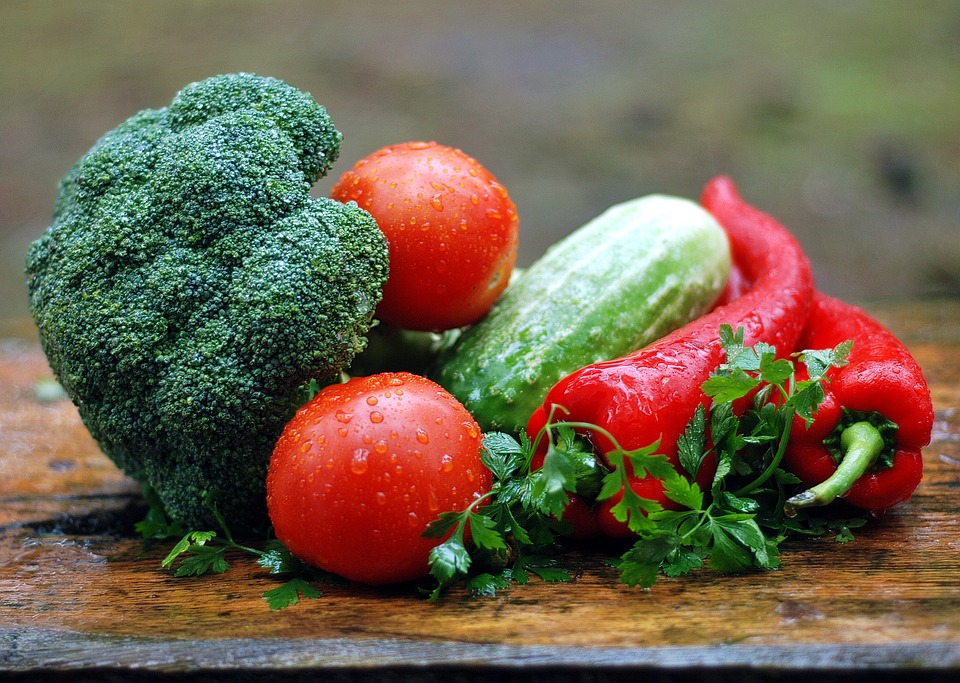
Vegetables
To take advantage of all the beneficial nutrients and compounds found in plant foods, it’s necessary to eat a large variety of them in your diet.
Cruciferous vegetables
- Kale
- Cauliflower
- Broccoli
- Brussel Sprouts
- Watercress
- Arugula
- Red cabbage
These vegetables contain many cancer-fighting compounds and increased protective antioxidant enzymes within the body and increase the rate of detoxification of harmful substances that we consume and transform them into harmless substances that are excreted.
People with certain types of gene mutations that predispose them to develop breast cancer and prostate cancer have been shown to benefit from cruciferous vegetables because they are high in indole-3-carbinol and sulforaphane.
Eat these vegetables both raw and cooked.
Root Vegetables
- Sweet potatoes
- Carrots
- Ginger
- Radish
- Turmeric (high in curcumin)
- Beetroot
- Yams
Root vegetables can either be a staple of the diet (sweet potatoes and carrots) or can add flavor to dishes.
Sweet potatoes contain a high amount of beta-carotene and potassium.
Ginger and turmeric contain powerful compounds such as gingerols and curcumin which block inflammation and have anti-cancer benefits.
Leafy greens / Salad veggies (low calorie)
- Spinach
- Romaine lettuce
- Celery
- collard greens
- Dill
- Wheatgrass
- Kale
Legumes / Beans
Beans are a great source of protein and calories on a vegan diet. Most people find it difficult to cut calories, but sometimes people eating a vegan diet (due to a large amount of food) can struggle to eat enough calories every day.
There are a wide variety of beans and peas you can choose from, here are a few:
- Soybeans
- Green Peas
- Black beans
- Pinto beans (the type you normally get in baked beans)
- Peanuts
- Navy beans
- Kidney beans
Beans have many benefits. They provide a slow release of glucose because they have a lot of fiber.
It also has been shown that a high intake of beans could be associated with longevity.
Eat up!
Fruits
I recommend that you eat fruits, but don’t make them the staple of your diet. Studies have shown that fruits can be healthy in moderation, but they still provide a lot of sugar. Eat in moderation, with the exception of berries! Berries are low calorie and you can eat liberally.
Here are some of the healthiest fruits you can eat on a vegan diet:
- Avocado (my favorite!)
- Blueberries
- Apples
- Strawberries
- Oranges
- Durian
- Mangos
- Tomatoes
These fruits provide a good variety of vitamins and many different beneficial compounds that promote health.
Tip: make a smoothie! One of the easiest ways to consume a large number of leafy greens is to combine them with fruit.
Try this: Two bananas, one apple, 80 g of frozen blueberries, 150 g of spinach and water,
Nuts and seeds
Nuts and seeds provide good fats on a vegan diet which are important for the absorption of nutrients in the diet. They also are a good source of healthy fats such as omega 3.
- Almonds
- Walnuts
- Brazil nuts (don’t consume more than 1-2 a day)
- Flaxseeds
- Pistachios
- Hazelnuts
- Macadamia nuts
Nuts have been associated with a lower risk of heart disease and improved gut health. They provide monounsaturated fats and omega 3 in the form of ALA.
Which ingredients in foods and supplements should vegans avoid?
- Dairy – Look at labels to see if dairy, casein or whey is listed
- Gelatin – This is often used in supplements and is derived from the connective tissues of animals
- Omega 3 – If you are eating processed foods then you should look if it contains added omega 3. This is common enough to look out for. Omega 3 is usually sourced from fish
- Vitamin D3 – Usually derived from sheep’s wool. There are other sources of vitamin D3 such as lichen
Eating a vegan diet doesn’t have to be complicated.
The most important thing when creating a vegan diet plan as a beginner is that you listen to your body and understand some basics about nutrition and what you need to stay healthy.
A well-balanced vegan diet with a few supplements can provide all the vitamins, minerals, fats, and protein that you need.
Get tests done to measure your progress on a vegan diet
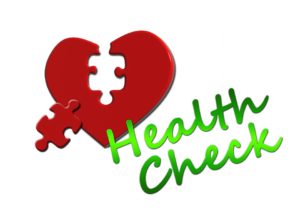
Before going on a vegan diet you should consider measuring your progress.
Not only will this help you stay motivated to stick to a vegan diet, but it will help ensure that you remain healthy on the diet and reinforce the benefits you can obtain from being on a vegan diet.
You’ll also be able to show other people your amazing results and it might even convince them to give the diet a shot as well!
Blood tests you should get done
- Full blood count – This measures the levels of white blood cells and red blood cells in your body. It can determine your risk of things like anemia. It can also be good to see the effect of the diet on your immune system and inflammation. White blood count typically goes down, but this is not usually a bad sign.
- Cholesterol – I recommend that you get a full lipid profile done: total cholesterol, HDL, LDL, and Triglycerides. You should see a dramatic improvement in these numbers of the months and even years that you’re eating a vegan diet.
- Fasting glucose – A healthy vegan diet can have a strong protective effect when it comes to diabetes. You should notice a decrease in fasting glucose over a period of weeks to months.
- HbA1c – A measure of your average glucose over a 3 month period.
- C-Reactive protein – This measures inflammation in the body. When eating a clean vegan diet, the level of inflammation should decrease significantly.
- Thyroid – Get a TSH and T4 test done, but also measure free T3 if possible. Sometimes thyroid will decrease if you lower calorie intake on your diet and this is perfectly normal.
- Hormones – I recommend that both men and women get levels of testosterone and estrogen tested.
- Liver Panel – This will measure the levels of enzymes and proteins produced by your liver. Sometimes you might see slight elevations in liver enzymes after beginning the diet, but are usually within normal limits and return to normal over time.
- Renal function – This measures things like potassium, sodium, and other electrolytes.
- Folate and B12 – One of the most important things in a vegan diet is making sure you get adequate B12 somehow (I recommend you supplement). It would be a good idea to get this tested often, especially in the first few years of the diet. Every 6-12 months should be fine.
- Vitamin D – Get a 25-hydroxy vitamin-D test done. You can repeat this in the summer and in the winter to see where your levels go at different times of the year and supplement when needed.
Other tests
There are also several other things you can measure when you start the diet. Some of these you can do from home, and other things you can see the doctor for.
- Check your weight – on a weekly or bi-weekly basis you should keep track of your weight loss
- Measure your blood pressure – I recommend you buy a blood pressure monitor and do it from home, which may be a more accurate reading than one taken in the doctor’s office for some people.
- Check fat percentage – You’ll notice that your body composition on a vegan diet will change over time. You should lose fat and maintain muscle. Doing some exercise in addition to the diet will help you keep fit and look good.
- Check body temperature – A slight decrease in body temperature is sometimes noticed when you go on a diet. This is perfectly normal and it’s the way the body adapts to a decrease in energy intake. Lower body temperature is also one indicator of a longer lifespan in animals and humans.
If you’re really interested in testing your biological age and your overall health, there are many health centers popping up all over the place which will do more extensive testing.
As long as you measure the basics you’re good! 🙂

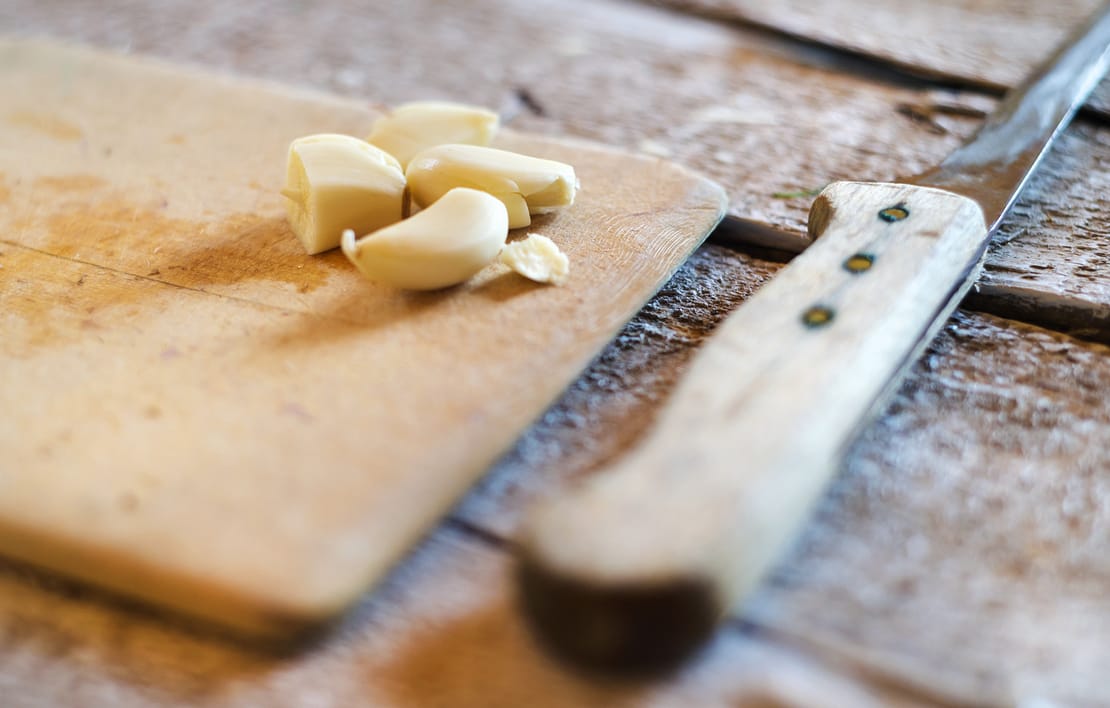
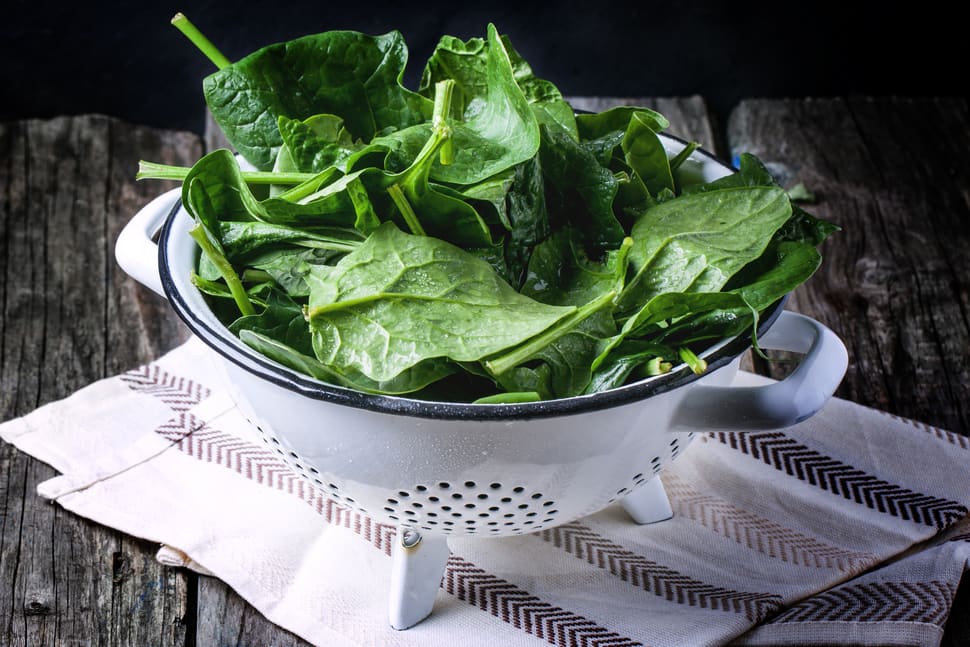
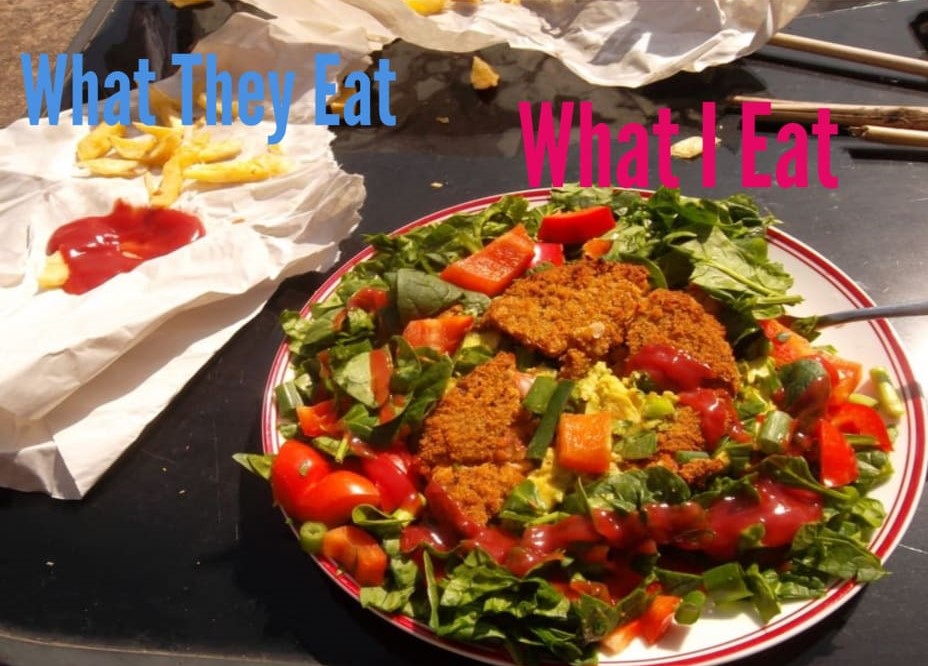

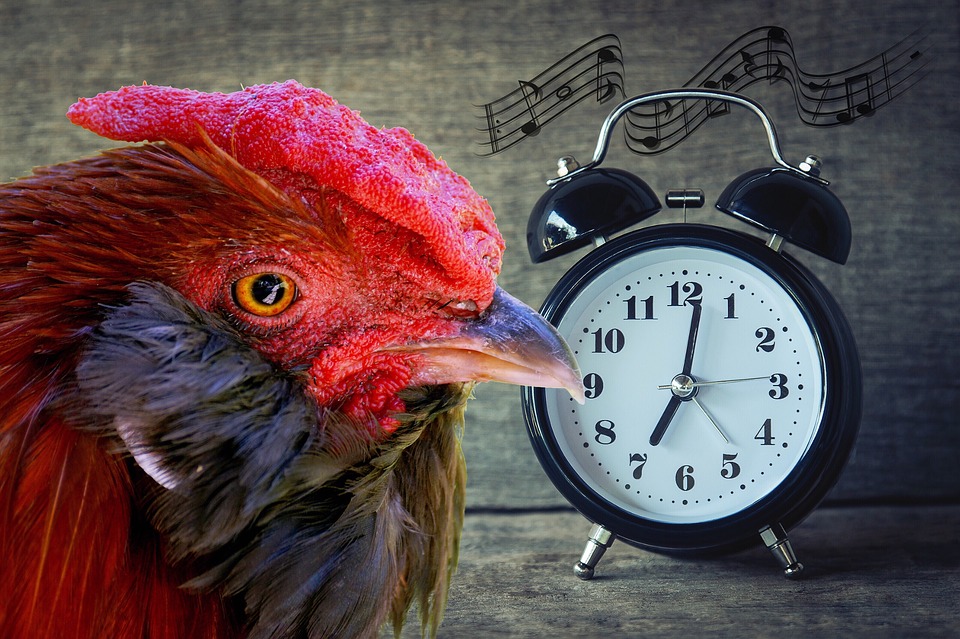
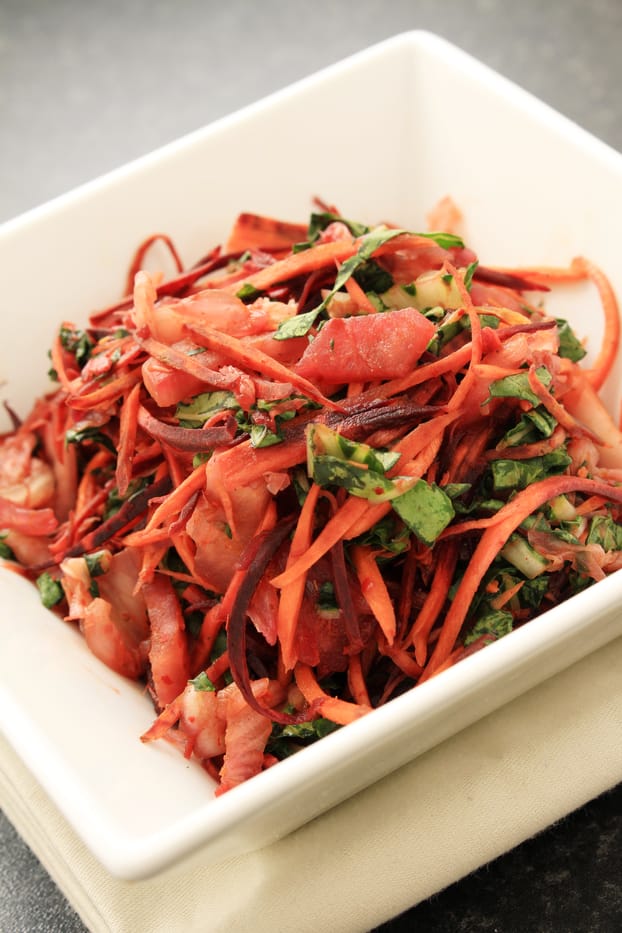
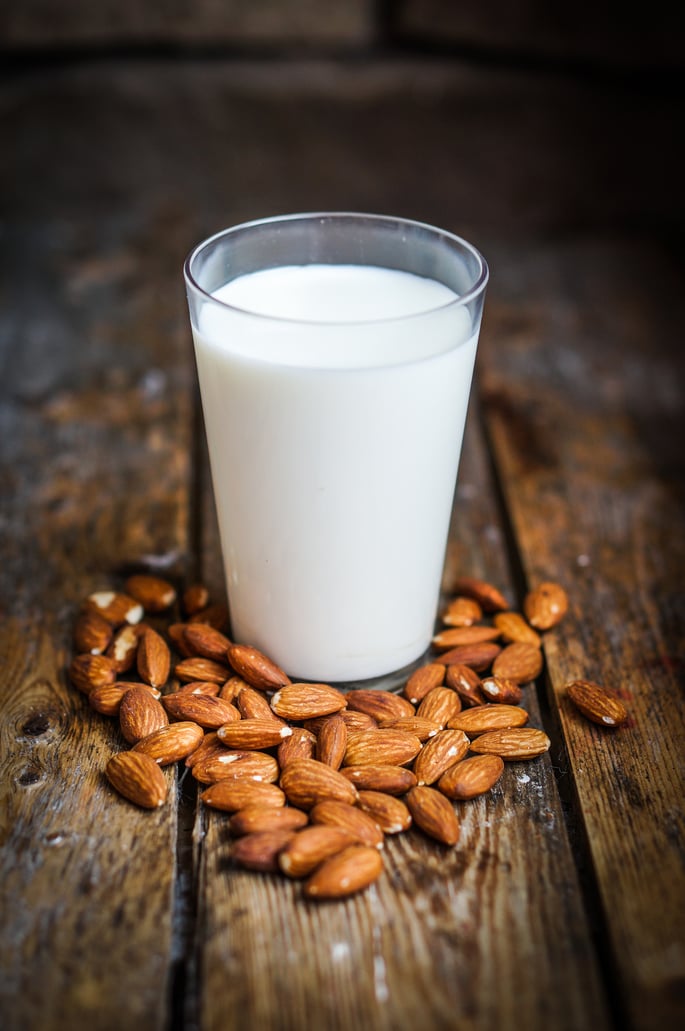
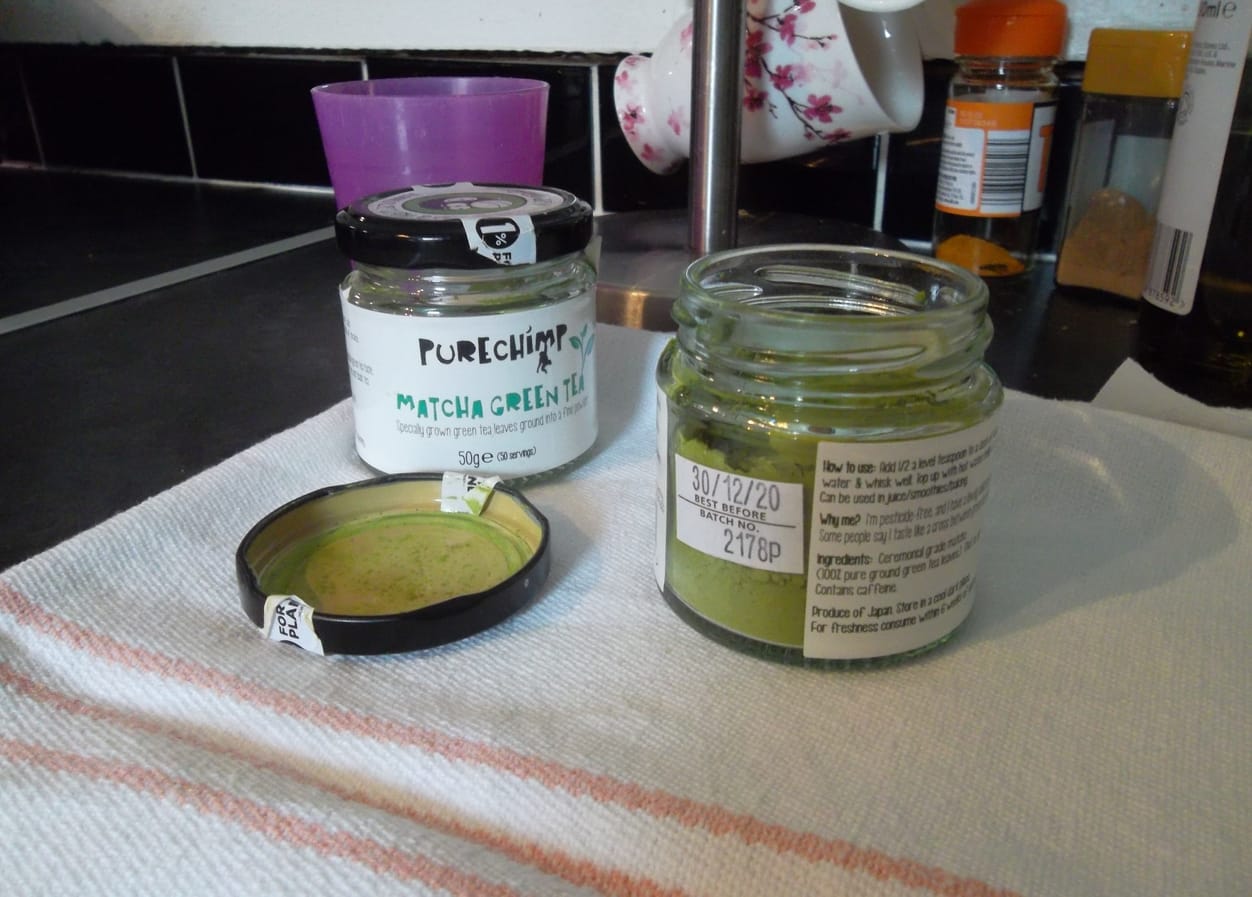
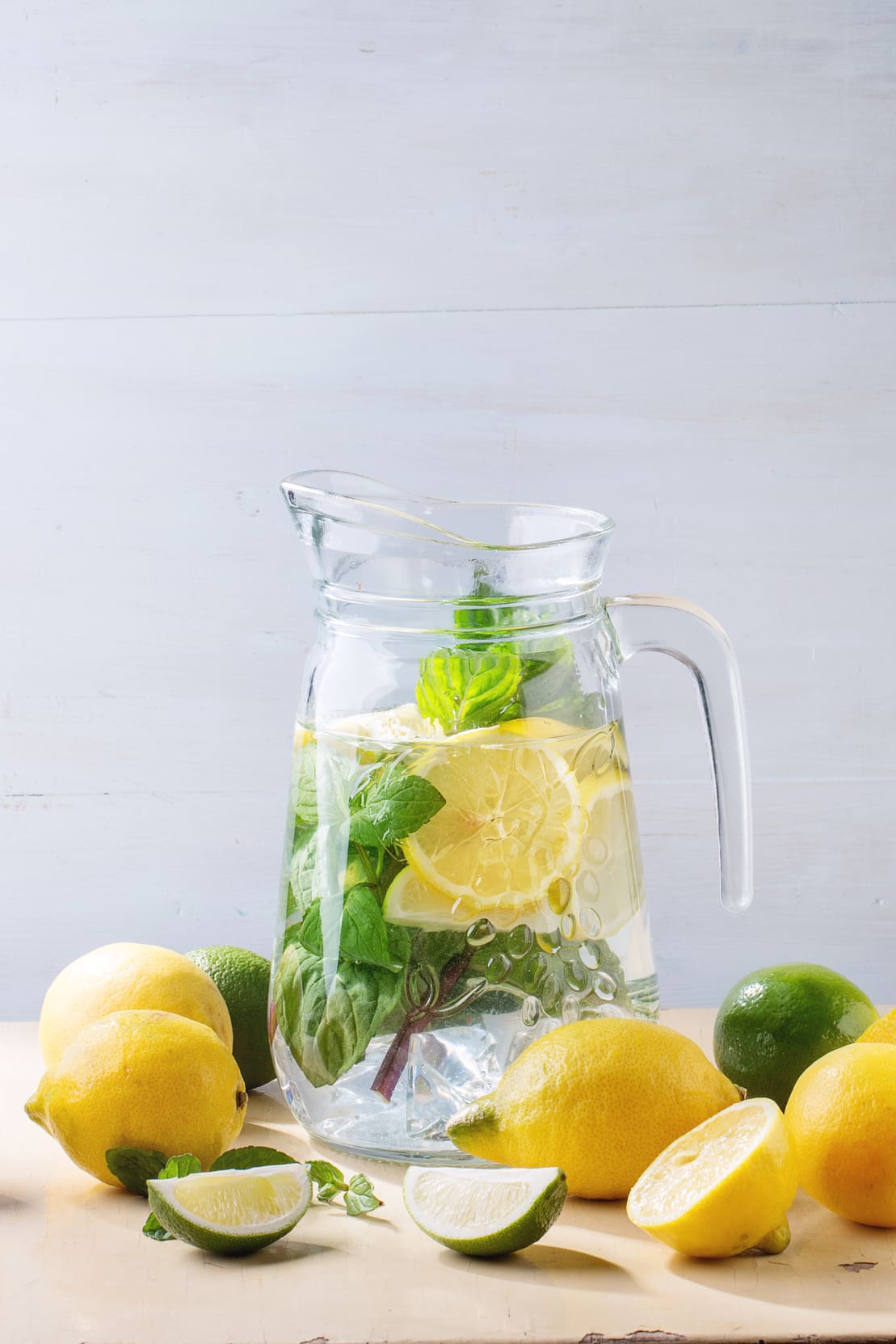
This is a really handy guide; I’ve recently turned vegan and I keep coming back to this and the “maintaining weight” page again and again for references.
One thing I’m struggling with is protein. I’ve managed to get to the stage where I can easily meet my essential amino acid needs, so I’m currently trying to moderate my protein intake (partly as I’ve seen some admittedly shaky evidence in favour of protein restriction and partly as a personal experiment to see how I manage). Only now am I realising just how much protein is in most grains! It’s rather difficult to meet my calorie needs without sending my fat intake soaring or protein above the 15% marker that I’m trying to maintain. I was just wondering if you had any advice on this. (I am most certainly staying above the bare minimum protein intake, just to alleviate any concerns there).
Apologies for not replying to your email, by the way (if you even remember that, hah). Frankly, I’m a student and my mind is in about 10 different places at once.
Thanks for writing such an informed post. The information you provided here is extremely helpful; thank you